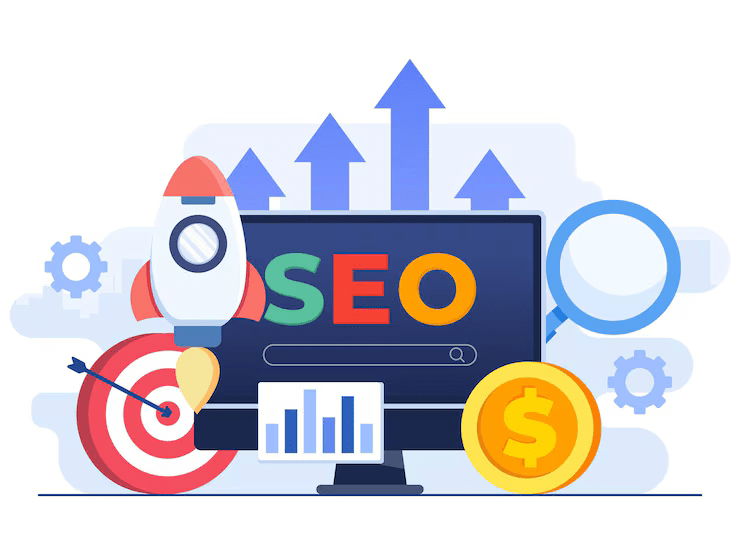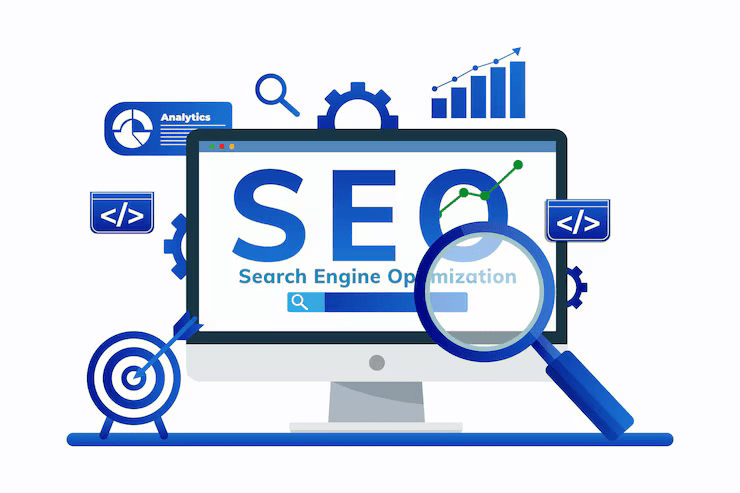A Comprehensive Guide


The process of optimizing a website to rank higher in search engine results pages


Creating and sharing valuable content to attract and engage a target audience


Using social media platforms to promote products, services, or brands.
The Future of Digital Development is Here
Digital marketing refers to the use of digital channels, platforms, and technologies to promote products, services, or brands to a target audience. This type of marketing encompasses a wide range of activities, including search engine optimization (SEO), social media marketing, email marketing, content marketing, online advertising, and more.
Unlike traditional marketing, which relies on mediums such as print, television, and radio, digital marketing leverages the internet and electronic devices to reach consumers in a more personalized and interactive manner.
By utilizing data analytics and tracking tools, businesses can gain valuable insights into consumer behavior, optimize their strategies, and measure the effectiveness of their campaigns in real-time

The demand for skilled digital marketers is rapidly growing, with companies seeking professionals who can effectively navigate the dynamic digital landscape and reach target audiences.

Digital marketing encompasses a range of skills like SEO, SEM, social media, content, and email marketing, offering specialization and diverse career opportunities.

Digital marketing offers cost-effective ways to reach vast audiences through techniques like social media ads, email campaigns, and content marketing.

A key benefit of digital marketing is real-time result tracking and measurement. Tools like Google Analytics and social media insights help analyze campaign effectiveness, understand user behavior, and make decisions.

Digital marketing allows precise targeting of specific demographics, interests, and behaviors, ensuring your efforts reach the right audience segments, ultimately boosting conversions and maximizing campaign impact.

Digital marketing strategies can be rapidly adjusted to changing market conditions, customer preferences, and campaign performance, allowing continuous optimization and improvement.

Digital marketing builds brand awareness and loyalty through consistent online presence and engagement. Content marketing, social media, and SEO contribute to brand authority.

Digital marketing enables businesses to reach a global audience, breaking geographical barriers and connecting with potential customers. It also enhances customer engagement through online platforms.

The dynamic nature of digital marketing ensures continuous learning and skill growth, keeping marketers relevant and in demand amidst evolving tools, trends, and technologies.
What you'll learn






































SkillRadar's Full Stack Development internship exceeded my expectations. Not only did I gain hands-on experience in both front-end and back-end technologies, but I also had the opportunity to work on real-world projects. The mentorship provided was invaluable, helping me sharpen my skills and prepare for a career in web development.
Praveen
Full Stack
Got Questions? We've Got Answers!

